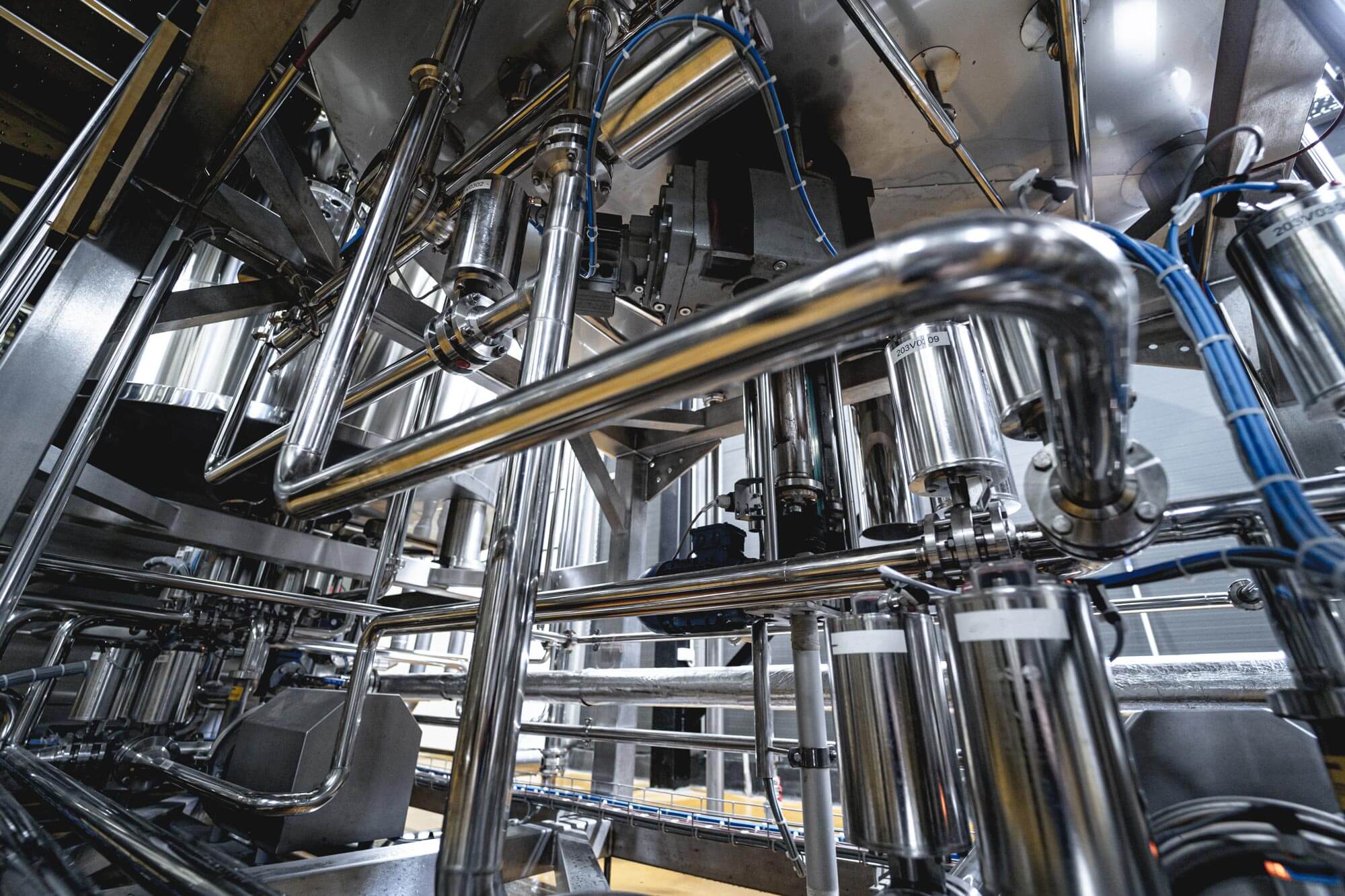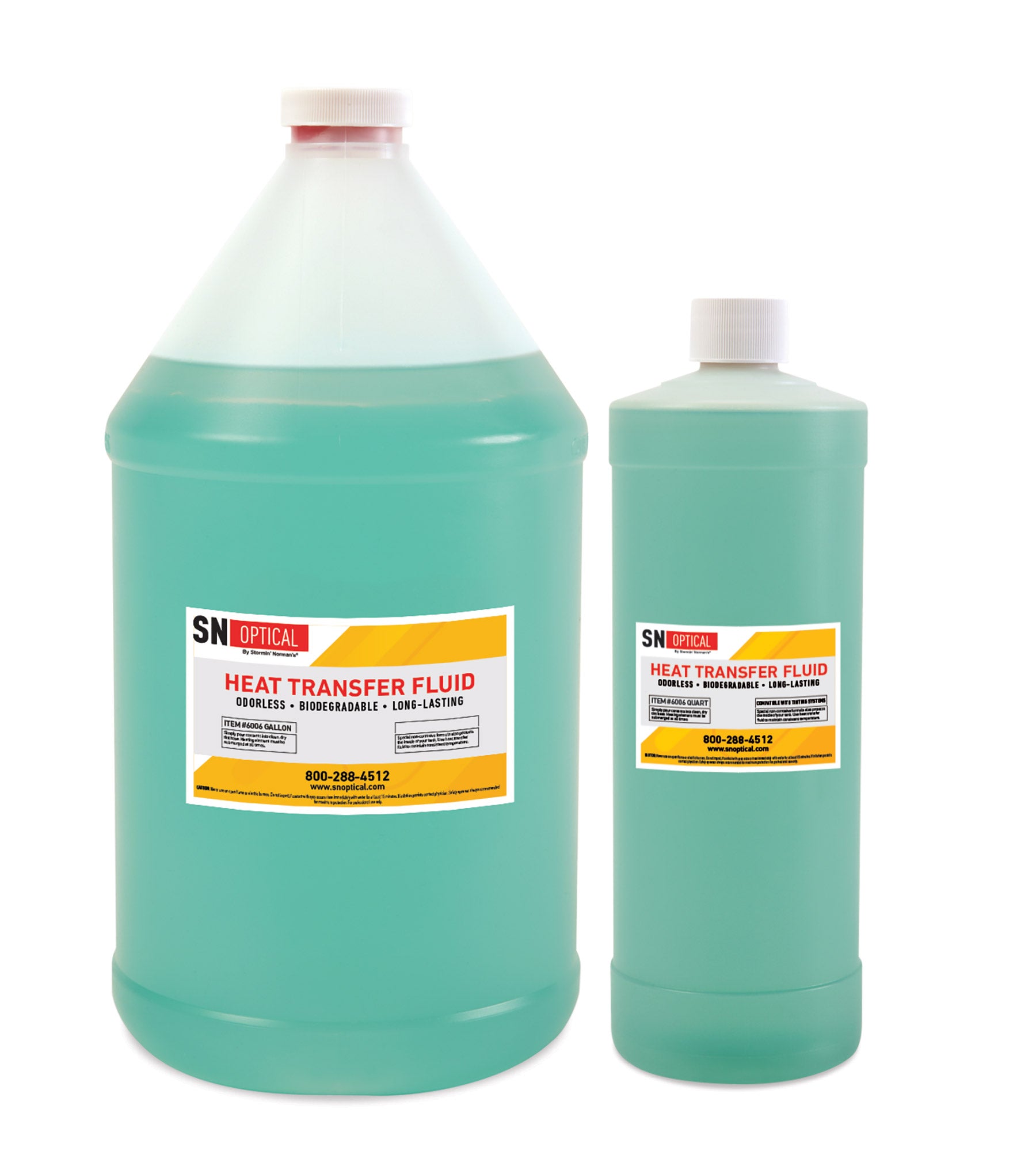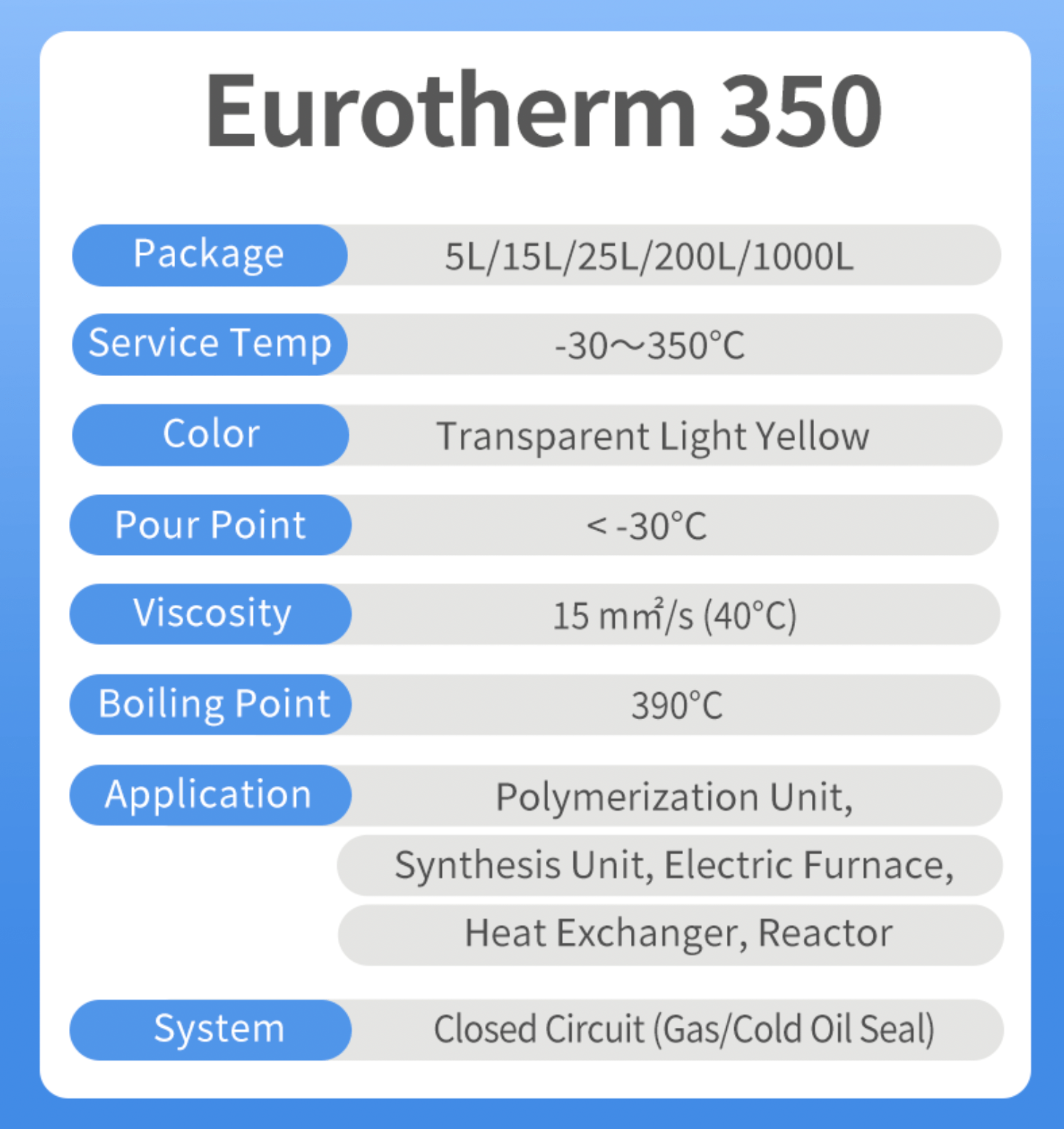Why Warmth Transfer Fluid Is Very Important for Optimizing Power Transfer in Equipment
The role of warm transfer liquids in maximizing energy transfer is crucial for accomplishing reliable thermal administration across numerous commercial fields. These liquids help with seamless warmth exchange, making sure processes operate within optimum temperature ranges and alleviating the threat of getting too hot.

Duty in Thermal Monitoring
Warm transfer fluids play a crucial role in thermal monitoring by effectively regulating temperature levels in various commercial procedures and systems. These specialized fluids facilitate the transfer of warmth in between different components, ensuring optimum operating conditions and avoiding getting too hot. By keeping accurate temperature control, warmth transfer liquids allow industries such as chemical production, oil and gas, and power generation to operate safely and successfully.
The choice of a suitable heat transfer liquid depends upon several factors, consisting of thermal security, warmth capacity, and thickness. High thermal stability guarantees that the liquid can stand up to severe temperature levels without deteriorating, while a high heat capacity permits it to take in and release significant quantities of warm - heat transfer fluid. Low thickness lowers the energy needed for pumping, adding to overall system performance
Moreover, warm transfer liquids are important in applications like refrigeration, where they assist soak up and dissipate warm during the cooling cycle. In solar thermal power systems, these fluids capture and transportation solar warmth to produce electricity or give hot water. Their flexibility to diverse operating problems and capacity to preserve regular thermal performance highlight their importance in industrial thermal monitoring, helping with functional connection and enhancing safety and security steps.

Enhancing System Effectiveness
To take full advantage of the benefits of thermal administration, enhancing system effectiveness through the calculated use of warmth transfer fluids is extremely important. These fluids play an essential function in maximizing energy transfer by assisting in consistent thermal policy, which subsequently impacts the total performance and durability of systems. Efficient heat transfer causes minimized energy losses, minimized functional costs, and enhanced integrity of equipment. By preserving optimum temperature level levels, warm transfer liquids aid ensure that systems operate within their created criteria, therefore preventing overheating and reducing the risk of element failing.

Kinds of Warm Transfer Fluids
The diversity of heat transfer fluids emphasizes their essential duty in a variety of industrial applications, each tailored to meet specific thermal monitoring needs. These liquids help with efficient power transfer and are picked based upon essential residential or commercial properties such as thermal stability, thickness, and warmth capability. The primary kinds consist of water, glycol services, oils, and synthetics, each offering distinct benefits.
Water is the most typical warm transfer tool due to its high particular warmth capability and reduced expense. Mineral oils are preferred for their thermal stability and non-corrosive nature, making them appropriate for high-temperature applications.

These liquids make sure remarkable performance in systems where conventional liquids may stop working. The choice of a heat transfer fluid is vital, as it influences system efficiency, safety, and longevity.
Environmental and Economic Benefits
Utilizing the ideal heat transfer liquids provides significant environmental and financial advantages for commercial procedures. Environmentally pleasant heat transfer liquids, frequently eco-friendly and non-toxic, decrease the danger of dirt and water contamination in the occasion of leaks or spills, consequently protecting ecological communities and complying with rigorous ecological regulations.
Economically, the best heat transfer liquid can significantly lower functional expenses. Fluids with extended lifecycle performance lower the regularity of replacements and maintenance, reducing downtime and linked expenses. In general, the tactical usage of optimum warm transfer fluids sustains lasting economic development and ecological stewardship.
Picking the Right Fluid
Just how does one navigate the complex procedure of picking the right warm transfer liquid for commercial applications? Thermal discover here security guarantees the fluid can stand up to high temperature levels without deteriorating, while compatibility stops deterioration or various other detrimental reactions with system elements.
In addition, the fluid's heat capacity and viscosity are critical. A high warmth ability permits the fluid to take in and transfer even more power, boosting performance. Meanwhile, optimal viscosity guarantees minimal pump work and effective heat transfer, especially in varying temperatures. Environmental and safety aspects should additionally be component of the decision-making procedure. Safe, naturally degradable liquids lower ecological influence and abide with governing criteria, lessening obligation dangers.
Conclusion
The critical option and application of warm transfer fluids are essential to maximizing energy transfer across various systems. By guaranteeing high thermal security and ability, these fluids provide specific temperature level control and enhance total system effectiveness. This optimization contributes to minimized operational prices and lower greenhouse gas exhausts, therefore promoting sustainability. The option of fluid, customized to specific thickness and operational hop over to these guys needs, is important for optimizing performance and attaining economic and ecological advantages in industrial procedures.